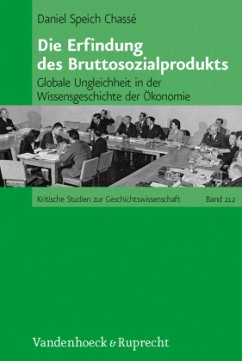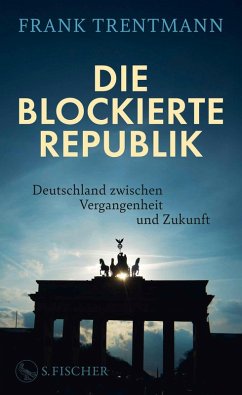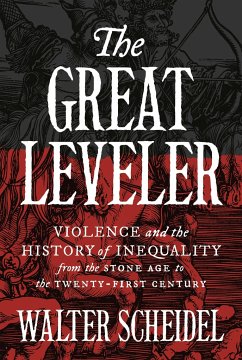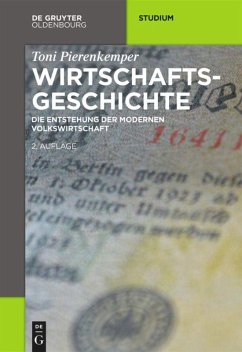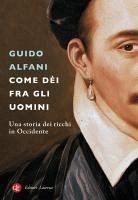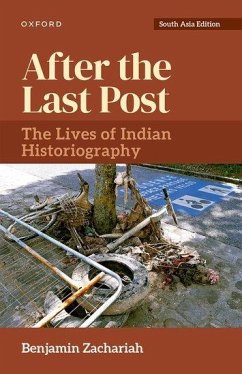Nicht lieferbar
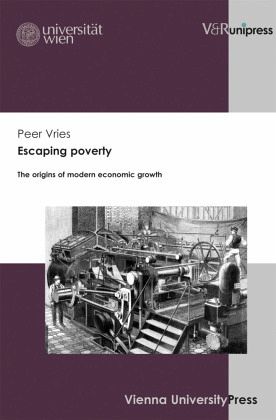
Escaping poverty
The origins of modern economic growth
Versandkostenfrei!
Nicht lieferbar
One of the biggest debates in economic history deals with the Great Divergence. How can we explain that at a certain moment in time (the eighteenth and nineteenth centuries) a certain part of the world (the West) escaped from general poverty and became much richer than it had ever been before and than the rest of the world? Many prominent scholars discussed this question and came up with many different answers. This book provides a systematic analysis of the most important of those answers by means of an analysis of possible explanations in terms of natural resources, labour, capital, the divi...
One of the biggest debates in economic history deals with the Great Divergence. How can we explain that at a certain moment in time (the eighteenth and nineteenth centuries) a certain part of the world (the West) escaped from general poverty and became much richer than it had ever been before and than the rest of the world? Many prominent scholars discussed this question and came up with many different answers. This book provides a systematic analysis of the most important of those answers by means of an analysis of possible explanations in terms of natural resources, labour, capital, the division of labour and market exchange, accumulation and innovation, and as potential underlying determining factors institutions and culture. The author juxtaposes the views of economists / social scientists and of global historians and systematically compares Great Britain and China to illustrate his position. He qualifies the importance of natural resources, accumulation and the extension of markets, points at the importance of factor prices and changes in consumption and emphasizes the role of innovation, institutions - in particular an active developmental state - and culture.





